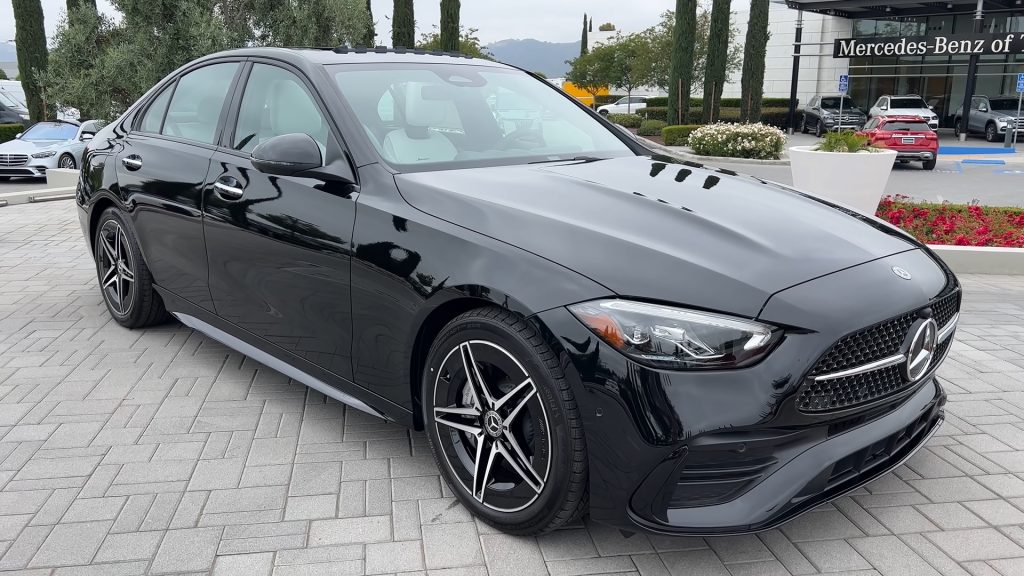Mercedes-Benz Downshifts To ICEs Amid Stagnating Demand For EVs
Giancarlo Perlas April 25, 2024- The gasoline-fed internal combustion models (ICE) of Mercedes-Benz are here to stay.
- Sources reveal that the luxury vehicle manufacturer will continue to make them alongside electric vehicle (EV) models in response to consumer demands.

Previously, insiders within Mercedes-Benz revealed the brand’s prioritization of its ICE and hybrid models. The decision apparently came due to the dwindling interest of buyers in EVs, the shortage in semiconductor components, and the higher profit margins offered by its gasoline-fed units. Recently, this move was confirmed by several sources.
The brand’s strategy goes in line with its “Economics of Desire” business strategy wherein it does not shove down products in consumers’ throats. Instead, it adjusts to what market trends dictate. In this case, it had something to do with the buyers’ rekindled preference toward ICE vehicles.
“They’re not going to force [EVs] on the market,” a Mercedes retailer said in an interview with Automotive News. “They are going to allow the market to dictate.”
The strategic shift in its vision does not mean that Mercedes is hitting the brakes on its EV models though. It only indicates the company may continue offering ICE-powered units all the way to its initial full-electrification deadline in 2030.
“Every dealer body is concerned with this transition to electrification and whether it matches the consumer’s pace,” New York City Mercedes dealer Joseph Agresta voiced out. “We’ve all seen a leveling off to some degree of customer demand for BEVs (battery electric vehicles), so we should have powertrains that customers want.”
Nevertheless, Mercedes execs and spokespersons have always reiterated, “Our long-term strategy is to go all electric in the future where market conditions allow,” whenever they were asked about whether or not they were strict about their electrification goal heading toward the end of the decade. Somehow, the clause “where market conditions allow” emphasizes their flexibility on the matter, which is what we are seeing now.




